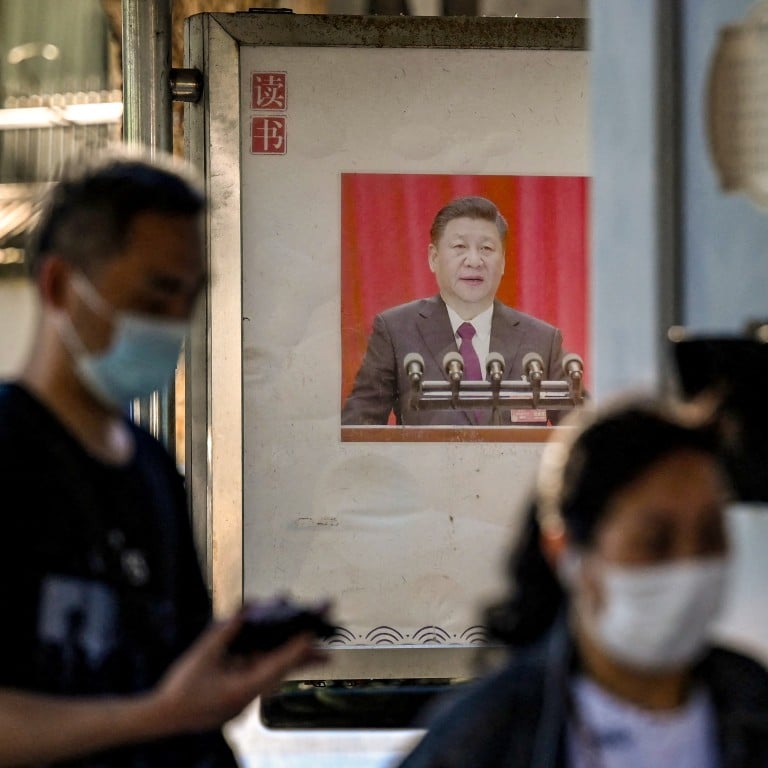
China gives green light for 5-year plan to cut digital red tape, ‘meaningless labour’
- Cyberspace regulator aims to improve efficiency by reducing excessive formalities and duplication across government apps and social media
- Directive follows warnings from China’s president that digital bureaucracy is increasing workloads for grass-roots officials
The document said that government apps, social media accounts and WeChat groups need to be regulated to make tools more user-friendly for the public, instead of being used by officials in evaluations and for departments to show off their levels of digitalisation.
Chinese president seeks keen eye on AI and regard for cyber sovereignty
“New versions of formalism and bureaucratism” were on the rise, he warned, adding that grass-roots cadres had to sign in on all sorts of software and accounts, and too many government forums were a waste of money and time.
“This is formalism in the digital new age, and it’s another way to increase burdens at the grass roots,” the CCAC said.
The directive called for a reduction in “meaningless labour” for local cadres, so that they could focus more of their time and energy on doing actual work to increase convenience and efficiency for the general public.
According to the directive, a mechanism must be built within two years that evaluates digital tools, collects feedback and allows cancellations. Within five years, measures must be in place “to prevent formalism from rebounding or mutating”.
Software to govern the system must be designed to enhance convenience, and apps should not have duplicated functions, the directive said, adding that those that are not used frequently or are not practical should be scrapped.
The document said government social media and apps should be used because they are practical, not because they are required by superiors, and the usage of online tools should not be included in daily evaluations, such as the number of shares or the length of time used.
Numerous reports have previously appeared in state media about useless online and social media tools that create extra work for local cadres.
China’s cyberspace chief raises concerns over the power of generative AI
The report did single out one city for praise. A campaign in Zhangye in the northwest province of Gansu was able to cut workloads for cadres by reducing government WeChat work groups by 45 per cent and QQ groups by 47 per cent. Other cities had called for removing criteria such as online voting or following WeChat accounts to evaluate cadres, and instead assessing them by the actual, practical work they did, the report said.

.jpg?itok=H5_PTCSf&v=1700020945)
